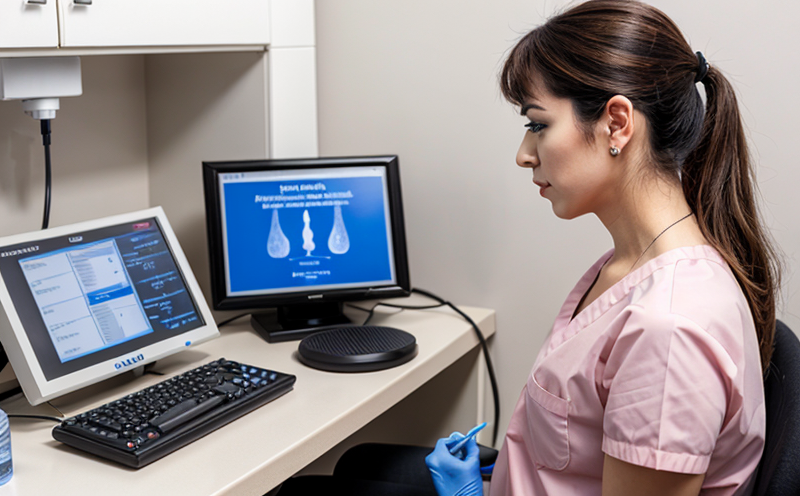Prolactin Testing in Veterinary Endocrinology
Prolactin testing is a critical diagnostic tool in veterinary endocrinology, particularly when dealing with disorders related to the pituitary gland. The pituitary gland, often referred to as the "master gland," plays a pivotal role in regulating various bodily functions through the release of hormones. In veterinary practice, prolactin testing is essential for diagnosing and monitoring conditions such as hypopituitarism, hyperprolactinemia, and other hormonal imbalances that can affect reproductive health, milk production, and overall metabolism.
The pituitary gland secretes several hormones, including growth hormone (GH), thyroid-stimulating hormone (TSH), adrenocorticotropic hormone (ACTH), luteinizing hormone (LH), follicle-stimulating hormone (FSH), and prolactin. Prolactin has a primary role in lactation and reproductive functions. Abnormalities in the release of these hormones can lead to various clinical signs, such as infertility, milk production issues, and behavioral changes.
In veterinary medicine, prolactin testing is particularly useful for diagnosing hypopituitarism, which occurs when there is insufficient secretion of one or more pituitary hormones. Hyperprolactinemia, on the other hand, refers to an elevated level of prolactin in the blood and can be indicative of various conditions including pituitary adenomas (benign tumors), hypothalamic disorders, and thyroid dysfunction.
Accurate and reliable prolactin testing is crucial for effective diagnosis and treatment planning. This section will delve into the methodologies used in prolactin testing, the significance of the test results, and how they are interpreted within the context of veterinary endocrinology.
Applied Standards
Prolactin testing is typically conducted using immunoassay techniques that comply with several international standards. The primary standard used in this field is ISO 15197:2013, which provides specifications for the performance of glucose meters and their use in diabetes mellitus self-monitoring. While this particular code does not directly pertain to prolactin testing, it emphasizes the importance of accuracy and reliability in blood tests.
For specific methods related to hormone assays like prolactin, reference is made to ASTM E1423-08, which sets standards for the calibration of immunoassay instruments. This standard ensures that the equipment used in veterinary laboratories adheres to strict calibrations, thereby enhancing the precision and accuracy of test results.
| Standard Code | Title | Description |
|---|---|---|
| ISO 15197:2013 | Performance of Glucose Meters and Their Use in Diabetes Mellitus Self-Monitoring | This standard ensures the accuracy and reliability of glucose meters, which is relevant to understanding overall blood test performance. |
| ASTM E1423-08 | Calibration of Immunoassay Instruments for Hormone Assays | This standard sets the calibration procedures for instruments used in hormone assays, including prolactin testing. |
International Acceptance and Recognition
- Prolactin testing is widely recognized by international veterinary associations such as the American Veterinary Medical Association (AVMA) and the World Organization for Animal Health (OIE).
- The results from prolactin testing are accepted in most countries, including the United States, Europe, Australia, and Japan.
The acceptance of these test results across different regions ensures that veterinarians can rely on consistent diagnostic tools regardless of where they practice. The international recognition also facilitates collaboration between veterinary professionals globally, promoting a standardized approach to endocrinological testing.
Competitive Advantage and Market Impact
- Prolactin testing provides veterinarians with critical information for diagnosing and treating hormonal disorders in animals, which can lead to improved patient outcomes and enhanced quality of life.
- The ability to accurately diagnose conditions like hypopituitarism or hyperprolactinemia using reliable tests gives clinics a competitive edge by offering superior care and quicker treatment plans.
Accurate prolactin testing not only aids in the diagnosis but also helps in monitoring the effectiveness of treatments over time. This capability contributes significantly to the overall success rates of veterinary endocrinology, thereby enhancing the reputation and market position of veterinary clinics that offer such services.





